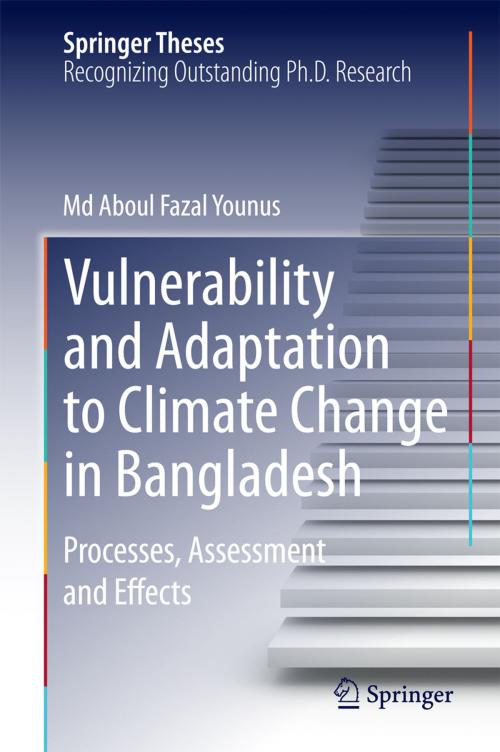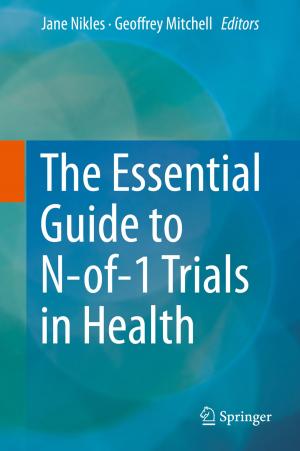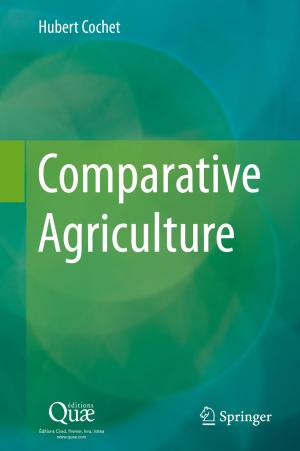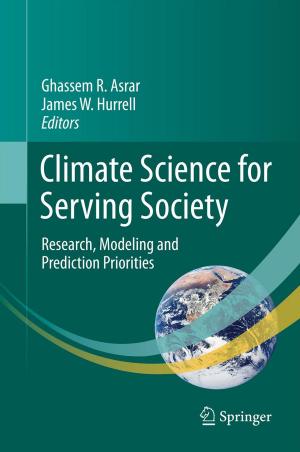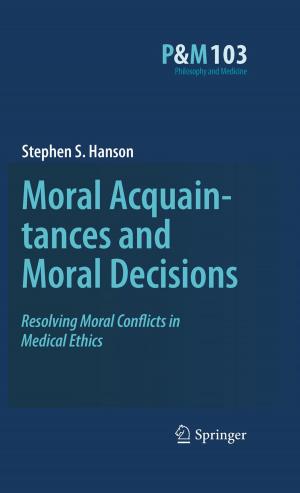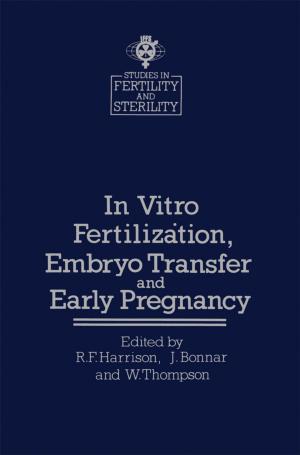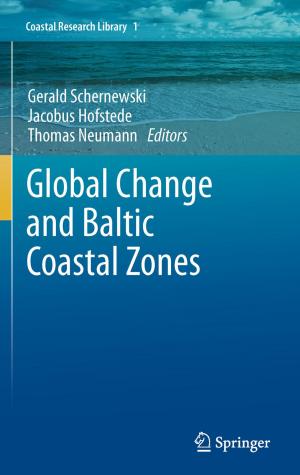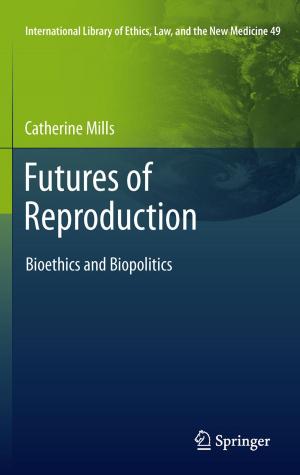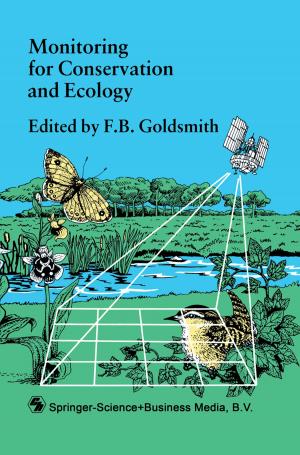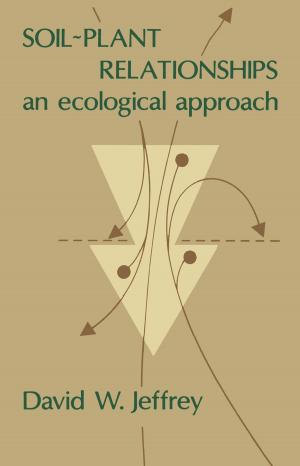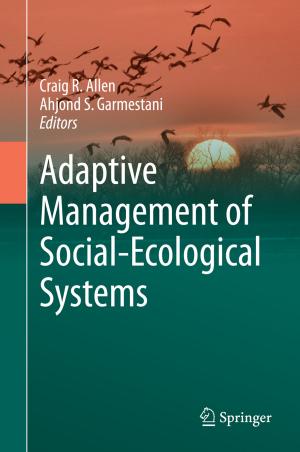Vulnerability and Adaptation to Climate Change in Bangladesh
Processes, Assessment and Effects
Nonfiction, Science & Nature, Nature, Environment, Natural Disasters, Science, Earth Sciences, Geography| Author: | Md Aboul Fazal Younus | ISBN: | 9789400754942 |
| Publisher: | Springer Netherlands | Publication: | June 26, 2014 |
| Imprint: | Springer | Language: | English |
| Author: | Md Aboul Fazal Younus |
| ISBN: | 9789400754942 |
| Publisher: | Springer Netherlands |
| Publication: | June 26, 2014 |
| Imprint: | Springer |
| Language: | English |
The IPCC (2007) warned that the Ganges Brahmaputra Meghna (GBM) basin will be at greatest risk due to increased flooding, and that the region’s poverty would reduce its adaptation capacity. This book investigates autonomous adaptation using a multi-method technique comprising PRA and a questionnaire survey applied in the case study area ‘Islampur’ Upazila in Bangladesh.
The study has four key approaches. First, it reviews the flood literature for Bangladesh from 1980 to 2014. Second, it examines farmers' crop adaptation processes in a case study area at Islampur, Bangladesh. Third, it assesses the vulnerability and adaptation (V & A) in response to three extreme flood events (EFEs). Fourth, the book assesses the economic consequences of failure effects of autonomous crop adaptation in response to EFEs. The results show that Bangladeshi farmers are highly resilient to EFEs, but the economic consequences of failure effects of autonomous crop adaptation (FEACA) on marginal farmers are large.
The book contributes to current knowledge by filling three important research gaps as follows, 1) farmers’ autonomous crop adaptation processes in response to various types of extreme floods; 2) methodological contribution for assessing vulnerability and adaptation through PRA; and 3) the economic consequences of the failure effects of autonomous crop adaptations.
“This book provides a good account of ‘autonomous adaptation’ and its impact on fl
ood vulnerable communities in Bangladesh. Anyone wishing to fully understand the impact of climate change should read the book.”
Professor Muhammad Yunus, Nobel Laureate, Yunus Centre, Bangladesh
The IPCC (2007) warned that the Ganges Brahmaputra Meghna (GBM) basin will be at greatest risk due to increased flooding, and that the region’s poverty would reduce its adaptation capacity. This book investigates autonomous adaptation using a multi-method technique comprising PRA and a questionnaire survey applied in the case study area ‘Islampur’ Upazila in Bangladesh.
The study has four key approaches. First, it reviews the flood literature for Bangladesh from 1980 to 2014. Second, it examines farmers' crop adaptation processes in a case study area at Islampur, Bangladesh. Third, it assesses the vulnerability and adaptation (V & A) in response to three extreme flood events (EFEs). Fourth, the book assesses the economic consequences of failure effects of autonomous crop adaptation in response to EFEs. The results show that Bangladeshi farmers are highly resilient to EFEs, but the economic consequences of failure effects of autonomous crop adaptation (FEACA) on marginal farmers are large.
The book contributes to current knowledge by filling three important research gaps as follows, 1) farmers’ autonomous crop adaptation processes in response to various types of extreme floods; 2) methodological contribution for assessing vulnerability and adaptation through PRA; and 3) the economic consequences of the failure effects of autonomous crop adaptations.
“This book provides a good account of ‘autonomous adaptation’ and its impact on fl
ood vulnerable communities in Bangladesh. Anyone wishing to fully understand the impact of climate change should read the book.”
Professor Muhammad Yunus, Nobel Laureate, Yunus Centre, Bangladesh
